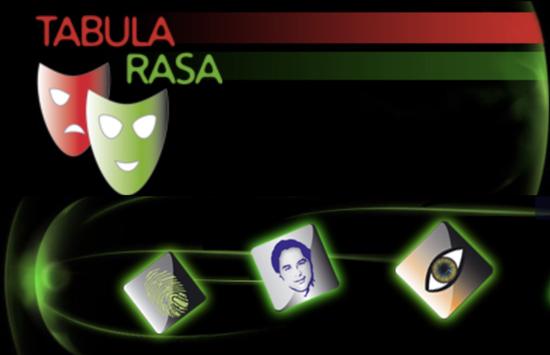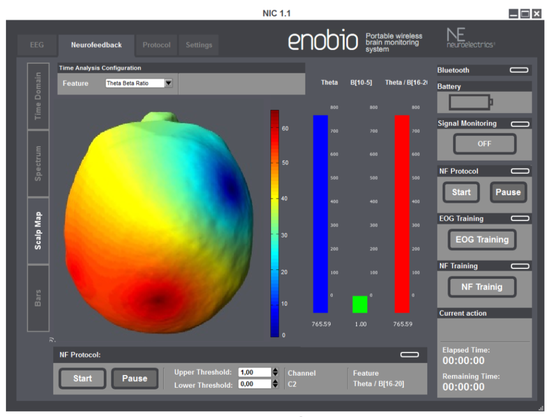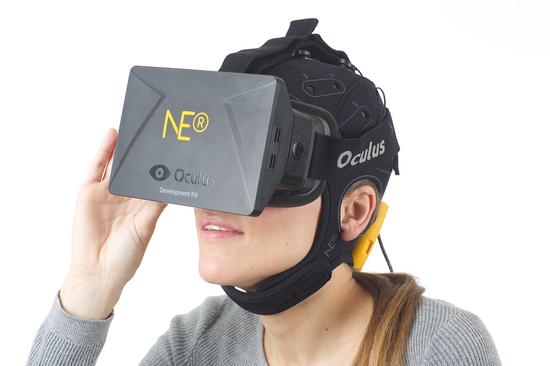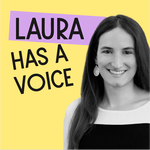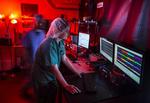Laura Dubreuil Vall
Research in Neuroscience and Machine Learning
Biography
I am an engineer working at the intersection of technology and neuroscience, driven by a deep curiosity about how the human brain works and how how its principles can shape the future of artificial intelligence.
I graduated in Telecommunications Engineering from the Polytechnic University of Catalonia (UPC) and began my career in academia, completing my master’s thesis at MIT. I then joined Starlab as a Research Engineer, working in applied neuroscience R&D focused on EEG signal processing, brain–computer interfaces, and non-invasive brain stimulation (tDCS, tACS, tRNS). Two years later, I joined Neuroelectrics, Starlab’s spinoff, and moved to Boston as a Technical Manager to help open the company’s first international offices.
During this time, I completed a PhD in Neuroscience at the University of Barcelona, in collaboration with Harvard Medical School, where I applied deep learning to EEG data to study brain dynamics and biomarkers, and explored transcranial current stimulation to enhance executive function in both healthy and clinical populations. In 2020, I joined Genentech (Roche) in San Francisco as Neurotech Innovation Lead, identifying and developing technologies at the intersection of engineering, AI, and medicine to transform diagnostics and therapies in psychiatry.
I am currently Director of the Emerging Technology Innovation team at AstraZeneca, where we scout, validate, and accelerate high-impact emerging technologies—translating complex tech trends into scalable solutions with strategic value. My work spans areas such as agentic AI, quantum computing, post-quantum cryptography, neuromorphic computing, human–machine interaction, neurological enhancement, and digital twins.
Download my resumé.
- Emerging Technologies
- Neurotechnology
- Electroencephalography (EEG)
- Brain stimulation
- Machine learning
- Product Development
- Healthcare Strategy
-
Executive Development Program, 2023
Aula Magna Business School
-
PhD in Neuroscience, 2020
University of Barcelona
-
MSc in Telecommunications Engineering, 2011
Polytechnic University of Catalonia
-
BSc in Telecommunications Engineering, 2008
Polytechnic University of Catalonia
Experience
- Lead the expansion of the company to the US, creating a new team and managing relationships with partners and KOLs in the scientific community.
- Supported product strategy of a medical wearable device for EEG recording and non-invasive brain stimulation (tDCS/tACS/tRNS).
- Managed 300+ accounts with large universities and hospitals, meeting over 120% of revenue goals every year in US and Canada.
- Management of clinical studies and data collection in collaboration with hospitals and universities across the US, including FDA clinical studies and 510k submissions.
- Performed clinical research on the use of EEG as a biomarker for the neuromodulation of executive functions in healthy controls and ADHD patients.
- Designed a deep Learning system based on convolutional neural networks to diagnose ADHD patients and explore new biomarkers based on their EEG signals.
- Signal processing and data analysis for the design and development of systems based on electroencephalography (EEG) for brain computer interfaces (BCI), Neurofeedback and health/medical applications.
- Research in transcranial Current Stimulation (tDCS, tACS and tRNS) for different applications, such as learning and cognitive enhancement or the treatment of chronic pain, post stroke rehabilitation, addictive disorders and depression, among others.
- Improved the design of an underwater acoustic video transmission system by adding video compression techniques and signal processing techniques to compensate for the Doppler effect. Supervisor: Dr. Milica Stojanovic and Dr. Chryssostomos Chryssostomidis.
- Evaluated the effects of the Social Impact Assessment prepared for interstate management of herring in the Northeast US. Supervisor: Dr. Madeleine Hall-Arber.
Projects
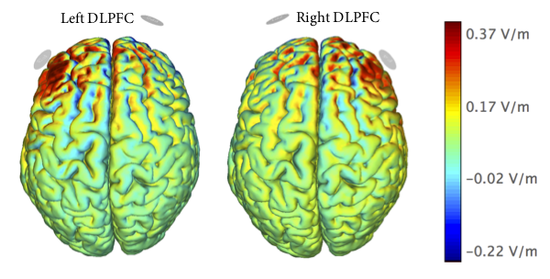
Non-invasive brain stimulation
Transcranial Direct Current Stimulation (tDCS) for the treatment of neuropsychiatric conditions
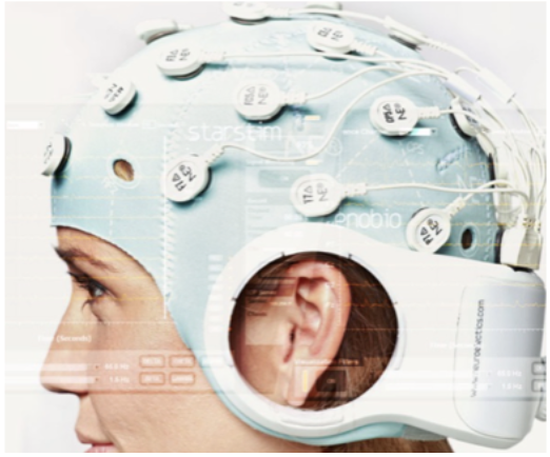
Galvani
Controlling epileptic brain networks with computationally optimized weak electric fields
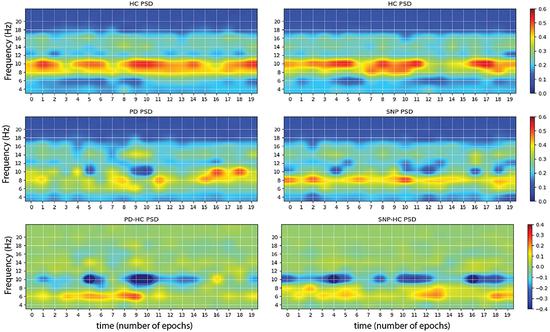
Machine Learning for EEG-based biomarkers
Deep Learning with EEG Spectrograms enable ADHD diagnosis and Parkinson’s prognosis
Recent & Upcoming Talks
Featured Publications
The book “Women in Silicon Valley " is an inspiring and illuminating collection of stories from women who have broken barriers, shattered glass ceilings, and blazed trails in their respective fields. Divided into three sections, the book highlights the contributions of women in STEM, diversity and inclusion, and innovation, paving the way for the next generation of female leaders.
The first section celebrates the achievements of women in STEM, a field that has traditionally been male-dominated. These women share their journeys, challenges, and strategies to succeed in a highly competitive and rapidly evolving industry. They offer insights into the importance of mentorship, networking, and perseverance in overcoming obstacles and achieving success.
The second part highlights women who are champions of diversity and inclusion in the workplace. These women are passionate about creating workplaces where everyone feels valued and respected. Through their stories, these women share insights into the strategies they use to foster diversity and inclusion. They offer advice on how to create a culture where everyone feels welcome and valued in the workplace.
The final section of the book showcases women who are leading the way in innovation. These women are at the forefront of technology, strategic management, and leadership in their respective fields. They are driving change and pushing the boundaries of what is possible. In their biographies, these women share insights into the strategies they use to drive innovation, offer advice on how to create a culture of innovation within an organization and how to stay ahead of the curve in a rapidly changing business environment. These women are true visionaries, and their stories are an inspiration to anyone who wants to make a difference and drive change in their organization.
Overall, “Women in Silicon Valley” is a must-read for anyone who wants to learn from the experiences of successful women leaders. These women are true trailblazers, and their stories offer invaluable insights into the challenges and opportunities that come with being a woman in leadership. This book is an inspiration not only for women but for anyone who wants to make a positive impact in their organization and beyond.
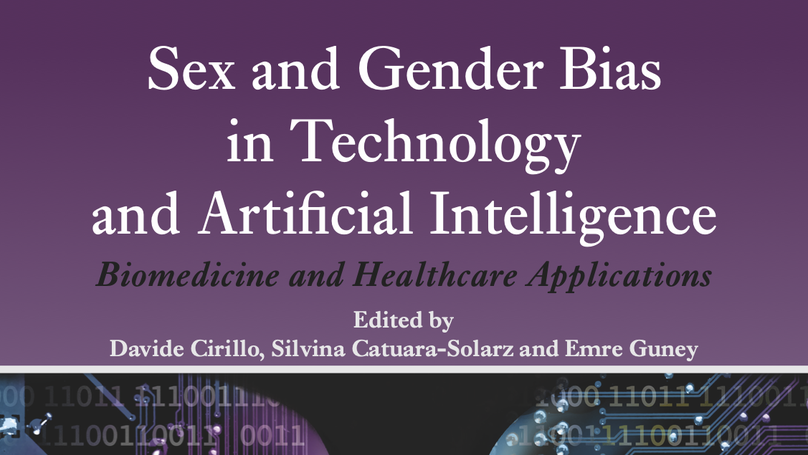
This chapter is part of the book “Sex and Gender Bias in Technology and Artificial Intelligence: Biomedicine and Healthcare Applications”, which will be published this upcoming March 2022.
The book details the integration of sex and gender as critical factors in innovative technologies (artificial intelligence, digital medicine, natural language processing, robotics) for biomedicine and healthcare applications. By systematically reviewing existing scientific literature, a multidisciplinary group of international experts analyze diverse aspects of the complex relationship between sex and gender, health and technology, providing a perspective overview of the pressing need of an ethically-informed science. The reader is guided through the latest implementations and insights in technological areas of accelerated growth, putting forward the neglected and overlooked aspects of sex and gender in biomedical research and healthcare solutions that leverage artificial intelligence, biosensors, and personalized medicine approaches to predict and prevent disease outcomes. The reader comes away with a critical understanding of this fundamental issue for the sake of better future technologies and more effective clinical approaches.
Recent Publications
Contact
- 1 DNA Way, South San Francisco, CA 94080

